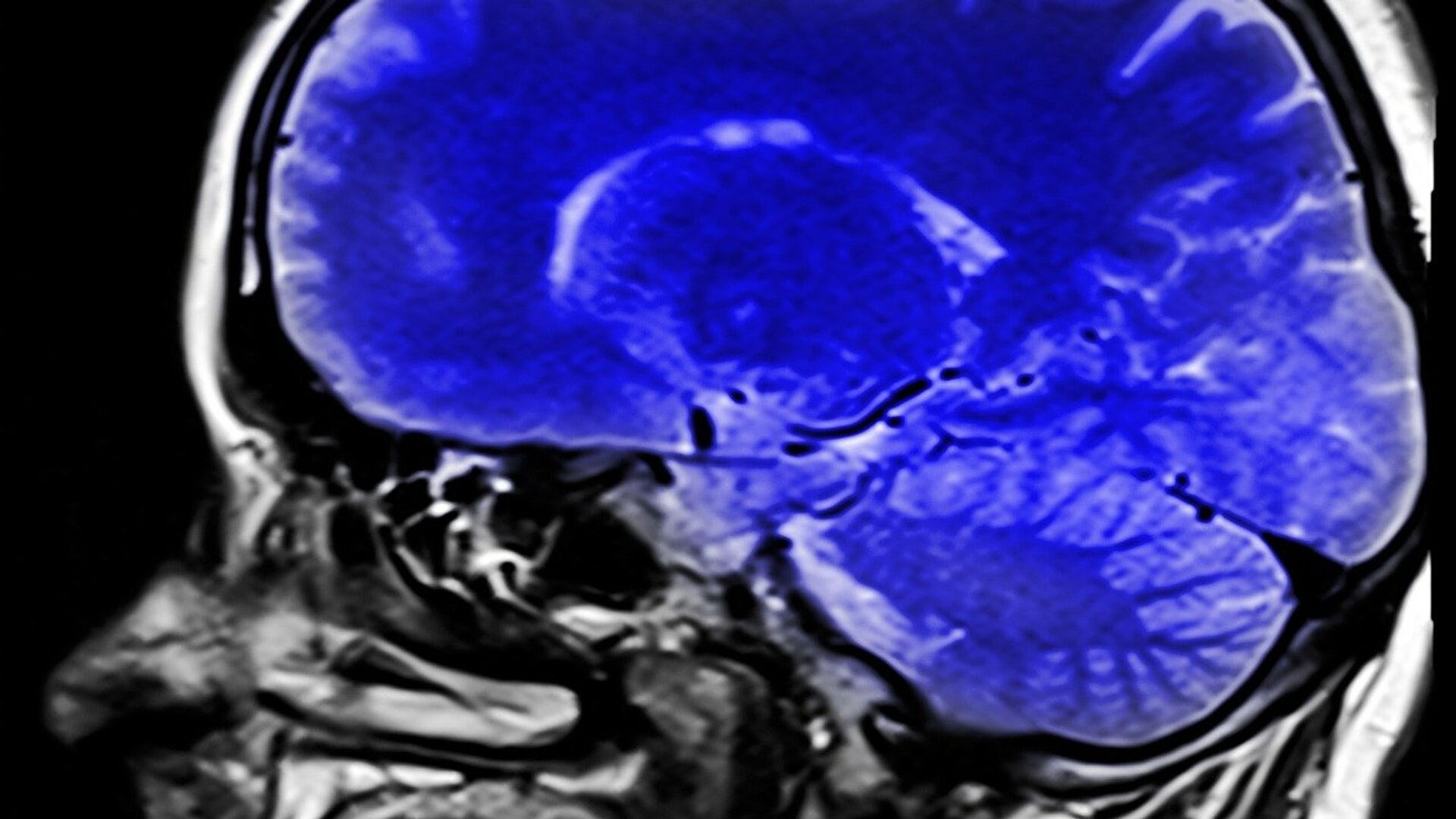Mystery Neurological Illness Causing Swift Cognitive Decline Reportedly Spreads in Canadian Province

© Photo : Pixabay
Subscribe
After a leaked memo from the public health agency of the Canadian province of New Brunswick in Spring 2021 asked physicians to be on the lookout for symptoms similar to the rare brain disease Creutzfeldt-Jakob, it was revealed that doctors had been tracking a “cluster” of cases of suspected neurological disease with no known cause.
A baffling neurological illness appears to be affecting a growing number of young people in the Canadian province of New Brunswick, reported The Guardian.
An employee with Vitalité Health Network, one of the province’s two health authorities, who preferred to remain unnamed, is cited as warning that the disease has perplexed local medics and scientists for some time now.
However, he added, cases appear to be surging, affecting young adults without any prior health concerns. The symptoms include progressive and swift weight loss, insomnia, hallucinations, brain fog and limited mobility. The disease is believed to result in swift onset of cognitive decline among some of the afflicted.
According to the cited whistleblower, since spring of 2021 the official number of cases under investigation is 48. At the time, locals first learned of the disease after a leaked memo from the province’s public health agency alerted physicians to watch out for symptoms similar to Creutzfeldt-Jakob disease (CJD). The fatal brain disease is caused by misformed proteins.
“We are collaborating with different national groups and experts; however, no clear cause has been identified at this time,” said the leaked memo, cited by The Guardian. Subsequent screening produced no confirmed cases of CJD.
“We have not seen over the last 20-plus years a cluster of diagnosis-resistant neurological disease like this one,” Michael Coulthart, head of Canada’s CJD surveillance network, was cited as saying at the time.
According to the Vitalité Health Network whistleblower and cited sources, due to a backlog of assessments, the disease may have affected as many as 150 people by now.
“I’m truly concerned about these cases because they seem to evolve so fast… I’m worried for them and we owe them some kind of explanation,” said the source.
As scientists ponder the causes of the disease, speculations of environmental factors being at play have surfaced. Purportedly nine cases of the illness have been recorded, in which two people acting as caretakers but without genetic links developed the troubling symptoms.
Thus, in one instance the wife/caretaker of a man who was developing symptoms of dementia and ataxia suddenly began experiencing trouble sleeping, muscle wasting, dementia and hallucinations. Her condition is believed to have deteriorated more than that of her husband.
In another case, a nursing student in her twenties started to display neurological decline symptoms similar to those of her patient - a woman described as non-verbal and feeding with a tube.
The unnamed Vitalité employee claimed that he was motivated to speak out because of the speed with which the state of young people affected with the disease has deteriorated.
“This is not a New Brunswick disease… We’re probably the area that is raising the flag because we’re mostly rural and in an area where people might have more exposure to environmental factors,” said the whistleblower.
Misdiagnosis or Neurological Disease?
In October, local officials, in a bid to allay concerns, reportedly suggested that eight fatal cases of the unknown disease were due to misdiagnosis. That same month, an epidemiological report suggested there was no evidence of food, behaviour or environmental factors likely to explain the illness.
However, in one study, high concentrations of β-Methylamino-L-alanine (BMAA) were found in lobster. The economy of the coastal communities in the region is largely driven by the harvesting of lobster.
It’s the start of the #lobster fishery in Lobster Fishing Area 25 (in Southeastern New Brunswick). We wish all harvesters a safe and productive season. 🦞 pic.twitter.com/tXWLFKA1DP
— Government of NB (@Gov_NB) August 10, 2020
Documents obtained through a freedom of information request and cited by the Guardian revealed that the country’s public health agency was considering BMAA as a possible cause, but more testing was required. The toxin is produced by blue-green algae and has been linked to brain disorders such as Alzheimer’s and Parkinson’s.
Sources were cited as confirming that a January report, written by the province’s oversight committee, will determine if the 48 cases of the disease were the result of neurological illness or misdiagnosis by neurologists.




